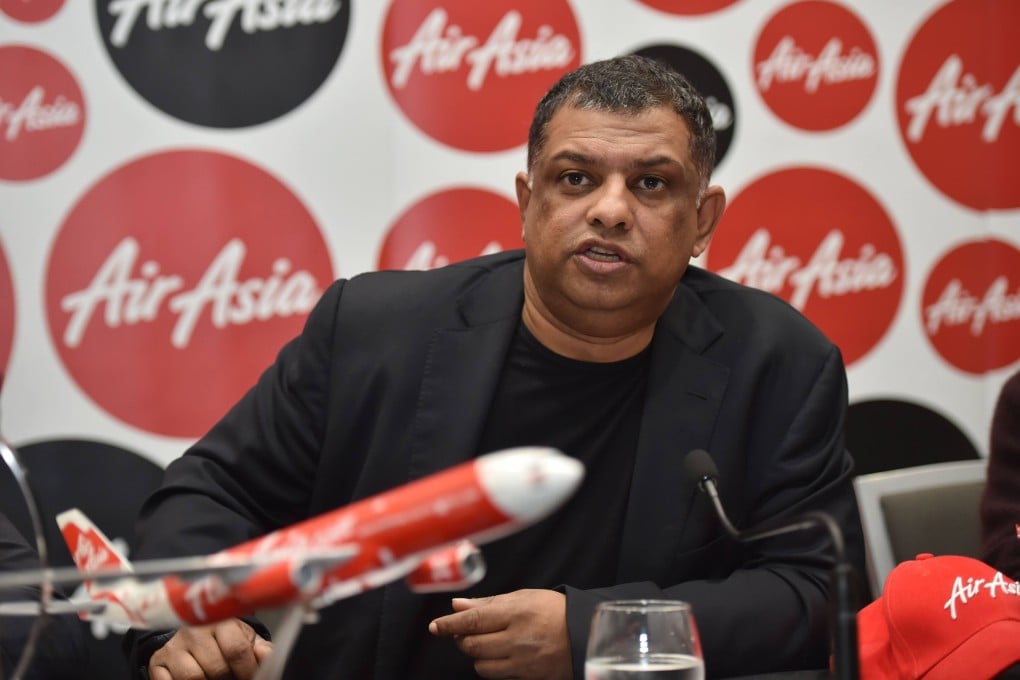AirAsia’s Tony Fernandes on building the ‘low-cost unicorn’ of Asian super-apps, digibank hopes and possible SPAC listing
- Fernandes has brushed off analysts’ scepticism about his digital expansion plans, saying he will bring the airline’s underdog mentality to the new venture
- And rather than a Grab-style relocation to Singapore, he plans to stay in Malaysia, while a merger with a special purpose acquisition company is on the cards

In 2009, during the tail end of the global financial crisis, most airline chiefs were reducing capacity and cutting routes as they bemoaned the industry’s biggest slump since the Sars (severe acute respiratory syndrome) crisis.
AirAsia’s maverick boss Tony Fernandes, on the other hand, was talking up his expansion plans.
With its position as the ultra-low-cost Walmart or McDonald’s of Asian aviation, the downturn was proving to be a silver lining for the carrier: cash-strapped travellers previously accustomed to the frills offered by the likes of Cathay Pacific and Singapore Airlines began trading down to fly on AirAsia for the first time.
That year, the airline – then already Asia’s biggest low-cost carrier by fleet size – booked what was at the time its biggest annual profit.
In early July, AirAsia said it was buying the Thai operations of Gojek, the Indonesian ride-hailing giant which has super-app ambitions of its own.
